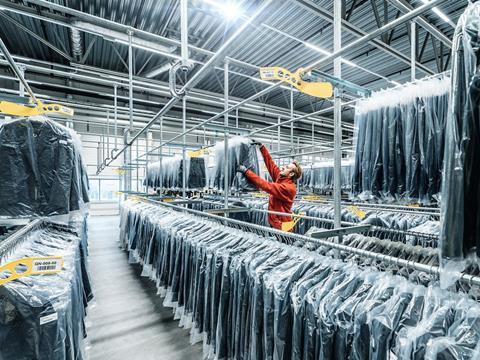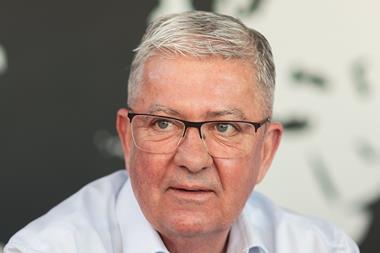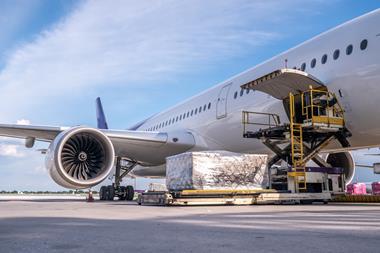
Germany-headquartered logistics giant DB Schenker is ramping up its e-commerce business as two important dates in the retail calendar approach: China’s Singles Day on November 11 and Black Friday on November 24.
For e-commerce, they also mark the start of the most important period of the year and, as a result, a peak in demand for related logistics services.
DB Schenker’s omni-channel services for e-commerce customers include all aspects of e-commerce warehousing, from receiving large delivery volumes to orchestrating parcel delivery.
In the run up to Singles’ Day and Black Friday, e-commerce sales increase significantly, varying from customer to customer. It can be between 40 or 50% higher than in other months.
A DB Schenker e-commerce warehouse in China serving a well-known fashion brand handled 1.3 million items and almost a million parcels during this period in 2021, for example.
Big days
“Singles' Day in China is the nation’s biggest shopping day of the year, while Black Friday is the biggest shopping day in the Western hemisphere. These events obviously create a large buzz around e-commerce and online shopping,” Andre Lehnen, global business development manager e-commerce at DB Schenker, informed.
“This results in an increase in sales and more work for us as a logistics company. For us and our customers, it is very important to be prepared in advance.
“We will be planning for these events probably three or four months ahead of time. We make sure that we have enough stock and inventory, as well as enough people to fulfill all the orders that come in. It is not unusual for us to work day and night during these events.”
DB Schenker has over 30 e-commerce warehouses located around the world to serve demand for its services, and these facilities handle all sorts of goods – ranging from clothing and sports equipment to household appliances, computers and tablets and cell phones.
For DB Schenker: “As we become a product-led organisation, we are constantly innovating our products. This means that we have highly automated e-commerce warehouses with robots, for example, but also digital and data-driven supply chain solutions to respond to both our customers’ demands and market trends,” Lehnen revealed.
As for the future: "Finding sustainable ways to return goods is becoming more and more important these days,” Lehnen said.
“With circular economy products, we encourage our customers to refurbish and resell instead of disposing of them.
“Given the rising costs and production bottlenecks we are currently experiencing, it is even more important to find ways to reuse products. We see customers becoming more willing to buy second-hand products these days,” he added.










